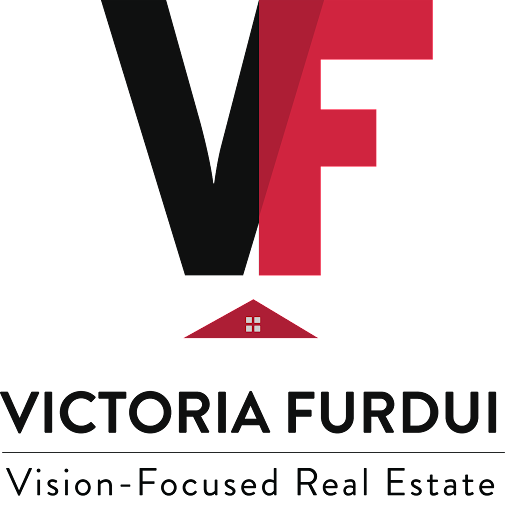Mortgage Mistakes to Avoid When Buying in Ontario
1. Not Getting Pre-Approved Before Shopping

House hunting without a mortgage pre-approval can set you up for disappointment. Without knowing your budget, you risk falling in love with a home you can’t afford or losing out on a property because your financing isn’t in place.
Get pre-approved by a lender before you start looking at homes. This process determines how much you’re eligible to borrow and gives you a clear idea of your price range. Pre-approval also signals to sellers that you’re a serious buyer, which can make your offer more competitive.
2. Ignoring Additional Costs Beyond the Down Payment

Many buyers focus solely on saving for their down payment and forget about additional costs, like closing fees, land transfer taxes, home inspections, and legal fees. These expenses can add up to thousands of dollars and catch buyers off guard.
Budget for all associated costs before you start shopping. A general rule of thumb is to set aside 3-5% of the purchase price for closing costs. Be sure to ask your lender or realtor for a detailed breakdown of expenses to avoid surprises.
3. Focusing Solely on the Interest Rate

While a low interest rate is important, it’s not the only factor to consider. Other terms of the mortgage, such as payment flexibility, amortization period, and penalties for breaking the mortgage early, can significantly impact your overall costs.
Look at the big picture. Compare lenders and mortgage products not just based on rates but also on the terms and conditions. A slightly higher interest rate with better flexibility might save you money in the long run.
4. Overextending Your Budget

It’s tempting to push your budget to afford your dream home, but taking on a mortgage that stretches your finances too thin can lead to stress, especially when unexpected expenses arise.
Use the mortgage pre-approval amount as a guideline, not a goal. Assess your monthly expenses, savings goals, and lifestyle needs to determine what you can comfortably afford. Aim to keep your monthly housing costs, including utilities and property taxes, below 30-35% of your income.
5. Not Shopping Around for the Best Mortgage

Many buyers stick with their bank for convenience without exploring other lenders or mortgage brokers. This can mean missing out on better rates or terms that could save you thousands over the life of your mortgage.
Do your homework. Speak with multiple lenders, including banks, credit unions, and mortgage brokers, to compare offers. Mortgage brokers often have access to multiple lenders and may be able to find you a better deal.

Avoiding these common mortgage mistakes can save you time, money, and stress as you navigate Ontario’s real estate market. By being proactive, doing your research, and working with trusted professionals, you can secure the best mortgage for your needs and confidently take the next step toward homeownership.
Looking for more tips or advice on buying a home in Ontario? Contact me today, and let’s make your real estate journey a success!






Contact
Subscribe to my newsletter
Contact Us
Thank you for subscribing!
Oops, there was an error subscribing to the newsletter.
Please try again later.





